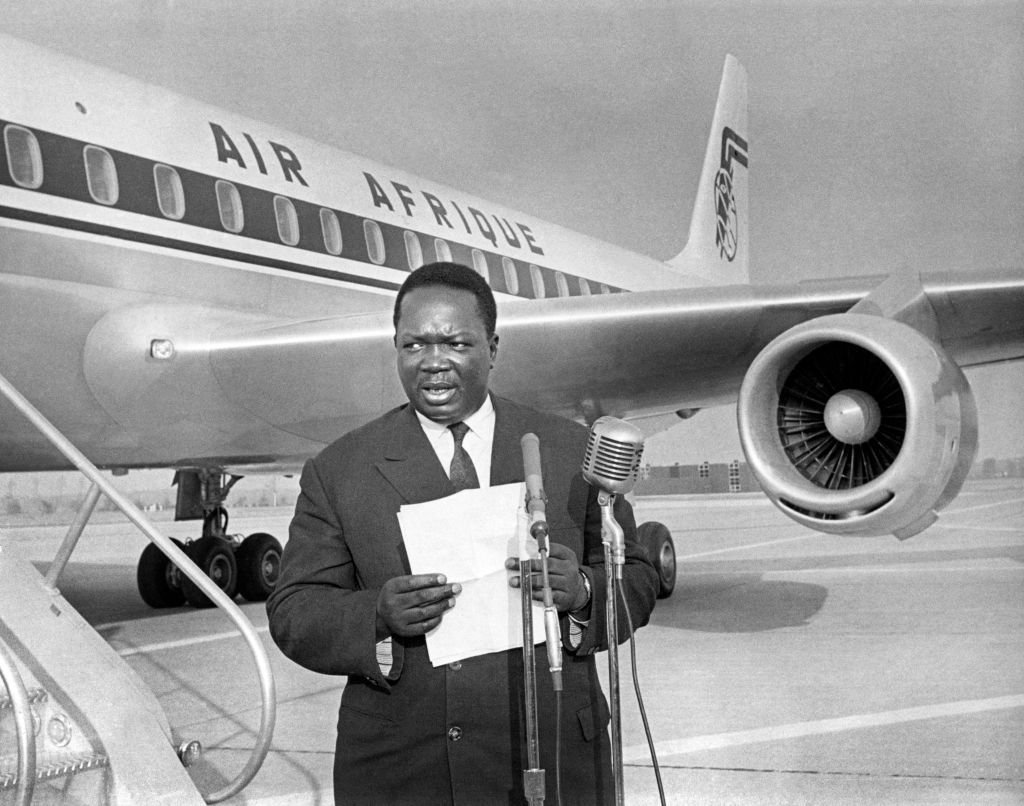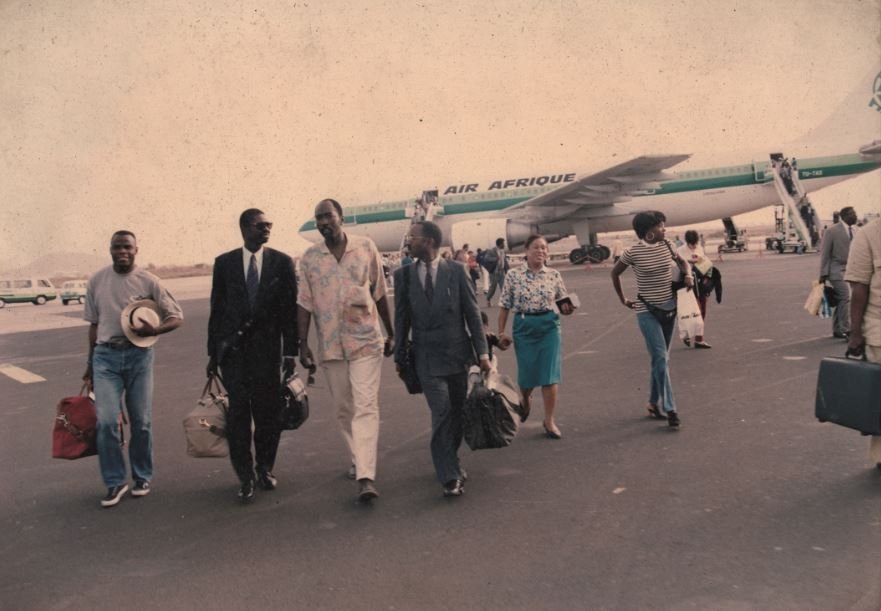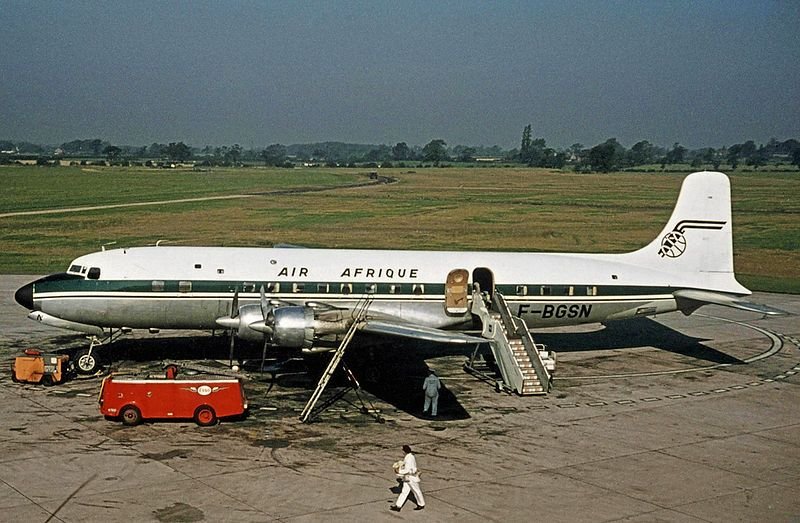As we begin 2024, the legacy of Air Afrique stands as a poignant reminder of both the potential and the pitfalls of pan-African unity. Founded in 1961 as a joint venture between eleven newly independent African nations, Air Afrique was meant to be a flagship for African sovereignty and cooperation. It symbolized the optimism of the post-colonial era, when African leaders sought to break free from the chains of imperialism and build institutions that served their own people.
However, the story of Air Afrique is not just one of triumph. The airline, once a beacon of African unity, ultimately succumbed to the same neocolonial pressures and internal mismanagement that have plagued so many African ventures. In February 2002, Air Afrique was permanently grounded, marking the end of an era.
The Vision of Unity
In the early 1960s, as newly independent African nations emerged from the shadow of French colonialism, the idea of creating a collective airline represented more than just practical necessity. Air Afrique was founded to connect African countries, overcome the colonial legacy of infrastructure designed to exploit Africa’s resources, and express solidarity among African nations. The airline was more than a business; it was a symbol of pan-African pride and self-determination.
Countries such as Ivory Coast, Senegal, and Cameroon came together to pool their resources, knowing that individually they lacked the financial and technical capacity to create a successful national airline. By joining forces, they sought to challenge the dominance of foreign carriers and create a transportation network that truly served African people. This effort was revolutionary, reflecting the broader pan-African movement that sought to unite the continent politically and economically.


The Struggle Against Neocolonialism
Despite its promise, Air Afrique’s trajectory was shaped by the lingering influence of France. From its inception, the airline depended on French support, both financially and operationally. French airlines, including Air France, held significant stakes in the company, and many of the airline’s early operations were supported by French resources. While this partnership helped Air Afrique get off the ground, it also entrenched a dependency on the former colonial power.
This neocolonial relationship became more apparent as the airline struggled to maintain financial stability. Throughout the 1980s and 1990s, corruption and nepotism eroded the company’s operations. Government officials used their influence to secure free tickets, and political interference became a norm. Despite frequent flights and high demand, Air Afrique’s profitability was undercut by systemic mismanagement and corruption.
By the time the French government appointed Yves Roland-Billecart to lead the airline in the late 1980s, the company was deeply in debt. While his leadership brought temporary financial relief, the underlying problems of governance remained unaddressed. The failure to fully sever ties with France meant that Air Afrique was never truly independent, reflecting the broader struggles of African nations to shake off the neocolonial grip that had replaced direct colonial rule.
A Cautionary Tale
By 2002, the dream of Air Afrique had crumbled. The airline’s bankruptcy was a symbolic blow to the idea of pan-Africanism. What had started as a bold experiment in African cooperation had ended in financial ruin and dissolution. Yet, the story of Air Afrique is not simply one of failure. It serves as a reminder of the potential that exists when African nations work together, but also of the dangers of allowing external forces and internal corruption to undermine that potential.
As we look back on Air Afrique from the vantage point of 2024, its history offers important lessons for the future of African unity. The need for strong, transparent governance is paramount. Corruption and political interference remain persistent challenges for many African nations, and overcoming these obstacles is critical to building successful pan-African institutions.
Moreover, the legacy of neocolonialism continues to shape Africa’s economic and political landscape. While the colonial era has long since ended, the structures of dependency remain, often reinforced by global financial institutions and foreign corporations. Breaking free from these dynamics requires not only political will but a clear strategy for building economic self-sufficiency.

Moving Forward
The memory of Air Afrique should not be one of defeat, but of resilience. Despite its challenges, the airline represented a genuine attempt to build something new—an African institution for African people. Its success in the early years demonstrated the power of collective action, and its failure underscores the importance of vigilance against external domination and internal corruption.
As African nations continue to seek greater economic integration and cooperation, the lessons of Air Afrique remain relevant. Whether in aviation, energy, or infrastructure, the key to successful pan-African ventures lies in strong governance, transparency, and a commitment to serving the needs of the people rather than the interests of foreign powers.
In 2024, the spirit of pan-Africanism is alive, but it must be nurtured through concrete action and accountability. Air Afrique’s story is a reminder that the road to true independence is long and fraught with challenges, but it is a journey worth continuing for the future of Africa.

